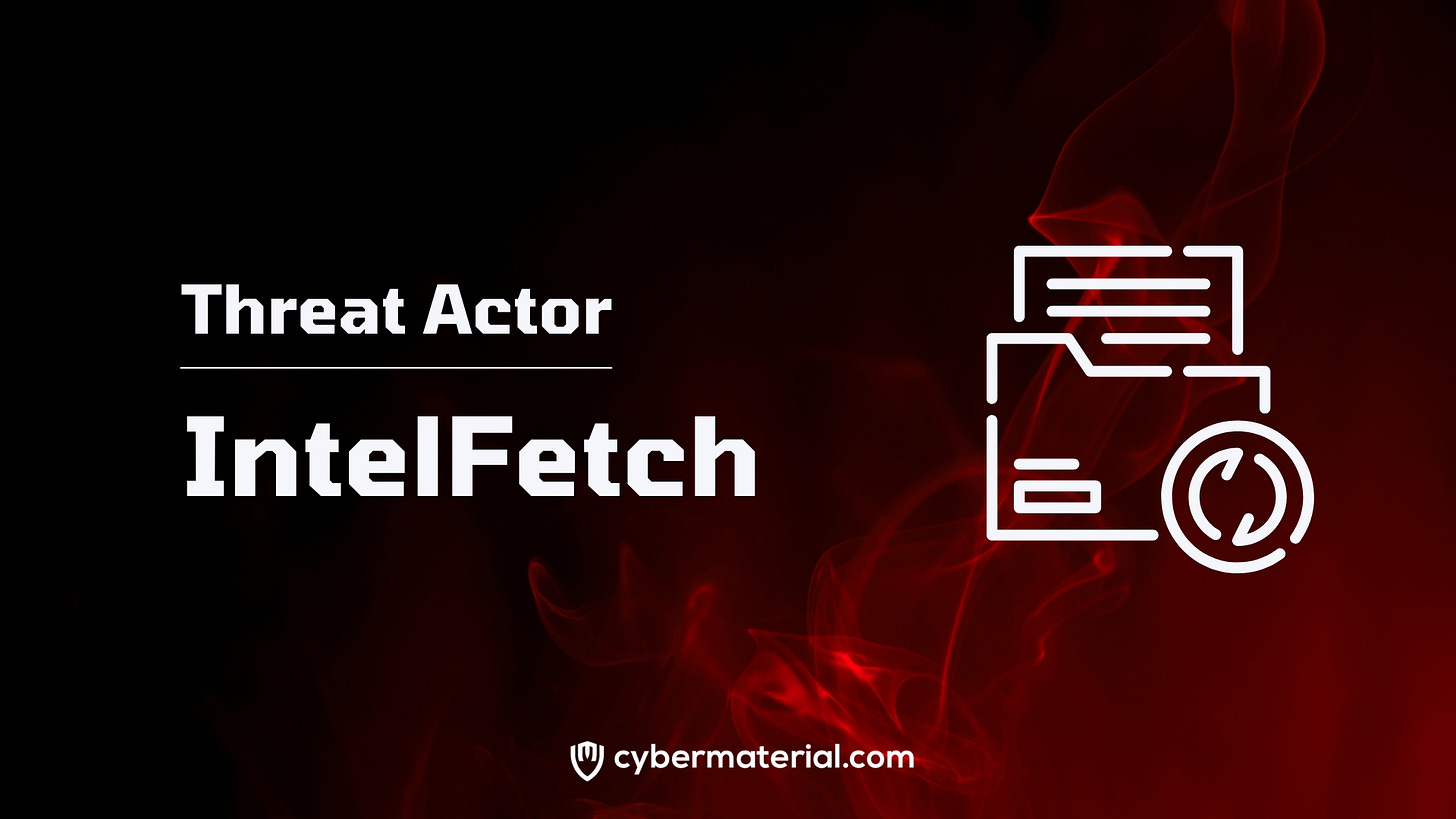
IntelFetch
Date of Initial activity
2024
Location
Unknown
Suspected Attribution
Cybercriminals
Motivation
Financial Gain
Software
Database
Overview
The rise of cyber threats targeting political and governmental…

IntelFetch
Date of Initial activity
2024
Location
Unknown
Suspected Attribution
Cybercriminals
Motivation
Financial Gain
Software
Database
The rise of cyber threats targeting political and governmental…